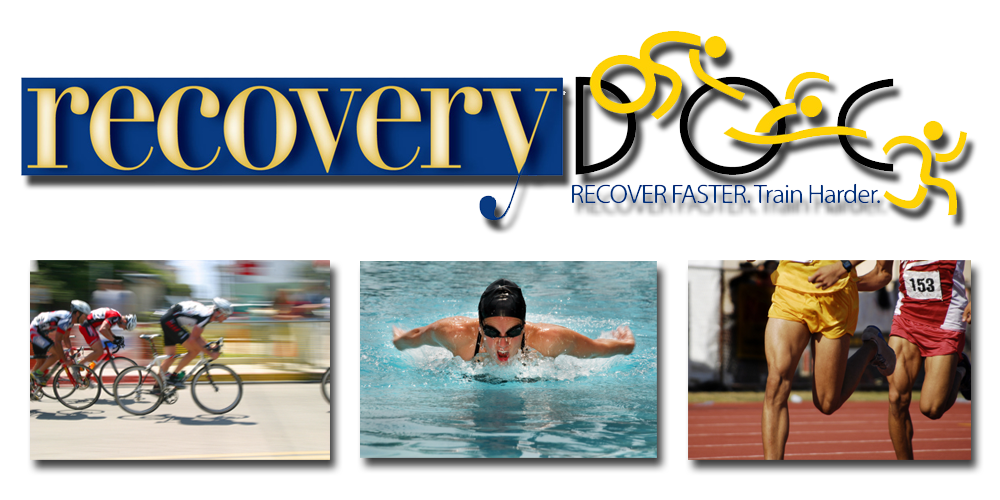O'Hora, J, Cartwright, A, Wade, CD, Hough, AD, and Shum, GLK. Efficacy of static stretching and proprioceptive neuromuscular facilitation stretch on hamstrings length after a single session. J Strength Cond Res 25(6): 1586-1591, 2011—
A number of studies have investigated the efficacy of several repetitions of proprioceptive neuromuscular facilitation stretching (PNF) and static stretching (SS). However, there is limited research comparing the effects of a single bout of these stretching maneuvers. The aim of this study was to compare the effectiveness of a single bout of a therapist-applied 30-second SS vs. a single bout of therapist-applied 6-second hamstring (agonist) contract PNF. Forty-five healthy subjects between the ages of 21 and 35 were randomly allocated to 1 of the 2 stretching groups or a control group, in which no stretching was received. The flexibility of the hamstring was determined by a range of passive knee extension, measured using a universal goniometer, with the subject in the supine position and the hip at 90° flexion, before and after intervention.
A significant increase in knee extension was found for both intervention groups after a single stretch (SS group = 7.53°, p < 0.01 and PNF group = 11.80°, p < 0.01). Both interventions resulted in a significantly greater increase in knee extension when compared to the control group (p < 0.01). The PNF group demonstrated significantly greater gains in knee extension compared to the SS group (mean difference 4.27°, p < 0.01). It can be concluded that a therapist applied SS or PNF results in a significant increase in hamstring flexibility. A hamstring (agonist) contract PNF is more effective than an SS in a single stretching session. These findings are important to physiotherapists or trainers working in clinical and sporting environments. Where in the past therapists may have spent time conducting multiple repetitions of a PNF and an SS, a single bout of either technique may be considered just as effective.
A key component of the study methodology was the exclusion of a warm-up period before stretching. Therefore, the findings of efficacy of a single PNF are of particular relevance in sporting environments and busy clinical settings where time may be limited.









.JPG)





No comments:
Post a Comment